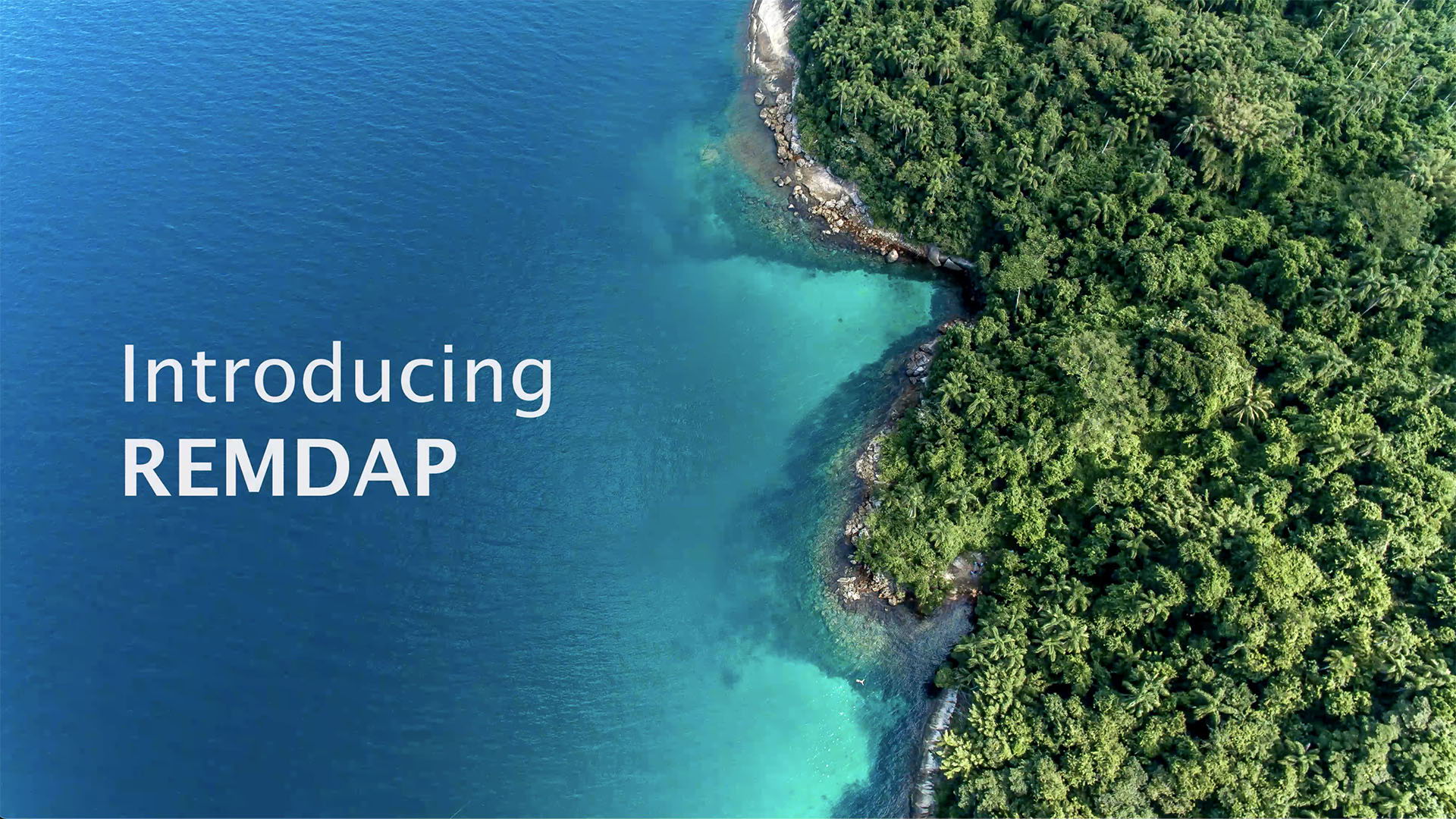The OECS Launches Regional Environmental Monitoring Data Portal (REMDAP)
OECS Media Release
March 26, 2024 — In our increasingly digital era, the role of data across sectors—from government to environmental conservation—has become pivotal for making informed decisions. "Data is integral to all aspects of our work, offering critical support to global agendas when used responsibly," states Antonio Guterres, Secretary-General of the United Nations.
On Tuesday, March 19, 2024, the Regional Environmental Monitoring Data Portal (REMDAP) was unveiled at the Bay Gardens Beach Resort and Spa, Rodney Bay, Gros Islet. Developed through collaboration among the United Nations Environment Programme’s Caribbean Environment Programme (UNEP-CEP), the Caribbean Public Health Agency (CARPHA), and the Organisation of Eastern Caribbean States (OECS) Commission, REMDAP emerges under the GEF-funded Integrating Water, Land, and Ecosystems Management in Caribbean Small Island Developing States project.
Christopher Corbin, Coordinator of the Cartagena Convention Secretariat,UNEP, addressed the launch virtually, heralding it as "a celebration of data's crucial role in environmental management and projects like the GEF." He emphasized REMDAP's importance in addressing the significant challenges of generating, using, archiving, and storing environmental data and information.
Chamberlain Emmanuel, Head of the OECS Commission’s Environmental Sustainability Division, highlighted the vital role of environmental management in sustainable development.
"Through the availability and use of data, we gain insights into environmental systems, leading to better future positioning. Data acquisition and analysis are increasingly invaluable to decision-makers for various purposes, including compliance evaluation, awareness building, and the formulation of science-based policies for transformative governance."
REMDAP aims to enhance the preservation of Caribbean ecosystems and natural resources by improving data availability and serving as a clearinghouse to bolster regional environmental monitoring and assessment efforts. Its objectives include providing reliable data sources for decision-makers, offering useful metrics for monitoring, including multi-scale tools for tracking progress on environmental agreements, and upgrading regional capacity for managing environmental indicators.
This initiative promises to enhance informed decision-making and strengthen regional environmental monitoring and assessment processes, contributing significantly to the preservation of the Caribbean's natural resources.
Danny Moonie
OECS Communications Unit






